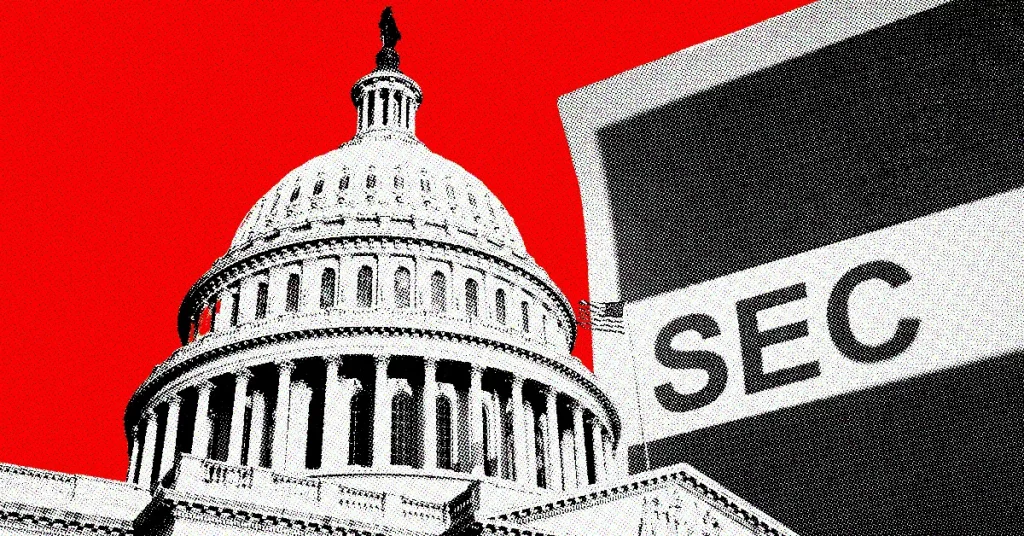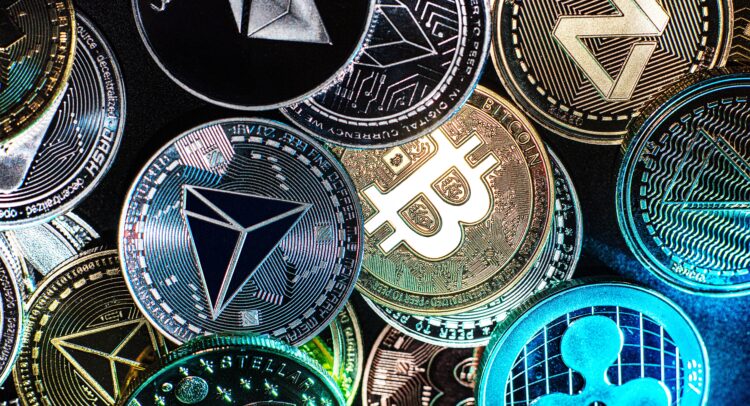ARTICLE AD BOX

The post SEC’s Legal Tactics: Applying Coinbase Ruling in Binance, CZ Lawsuits appeared first on Coinpedia Fintech News
Cryptocurrency exchanges like Binance, Coinbase, Kraken, and Kucoin are in hot water due to legal issues. Binance faces a vast $4.3 billion fine for money laundering, while the SEC sued Coinbase for running an unregistered exchange. Kraken settled for $30 million with the SEC, and now Kucoin is facing criminal charges. These problems show how unclear crypto rules are in the US. It’s a reminder that no matter how big an exchange seems, it’s safest to keep your crypto in your own custody.
Judge Failla’s Ruling: A Double-Edged Sword?
The SEC is using the Coinbase verdict to strengthen its complaint against Binance, Binance US, and Changpeng “CZ” Zhao to cash on the win. In a daring move, the SEC filed the Coinbase ruling as a supplemental authority in the Binance lawsuit, applying important Coinbase decisions to the proceedings against Binance and its affiliates.
In the Coinbase case, Judge Failla created an important legal precedent for the SEC, notably on securities issues relating to wallet services, staking services, and secondary market sales of crypto assets. This verdict will help the SEC argue against Binance’s unregistered cryptocurrency and crypto-lending sales.
Notably, the SEC has charged Binance with the unregistered offer and sale of cryptocurrencies like BNB and BUSD, as well as crypto-lending products such as “Simple Earn” and “BNB Vault.” Plus, the court’s ruling in the Coinbase case regarding the registration status of staking programs has implications for Binance’s staking-as-a-service offerings.
Crypto at Stake- Where Should the Line be Drawn?
This case will have a wider impact on crypto assets already marked by the SEC as securities like ATOM, BNB, BUSD, COTI, CHZ, NEAR, FLOW, ICP, VGX, DASH, NEXO, SOL, ADA, MATIC, FIL, SAND, MANA, ALGO, and AXS and others, as potential securities further add complexity to the ongoing legal proceedings. The outcome of these cases is expected to clarify the regulatory status of various crypto assets and whether they qualify as securities under the Howey test.
The legal fights have brought up a controversial issue: whether sales of cryptocurrencies on the secondary market should be considered securities. According to the SEC, these sales are investment contracts. However, some lawyers don’t agree with this view. The fact that Judge Failla turned down a similar argument in the Ripple case shows how complicated the legal debate is about sales on the secondary market.
As the Binance vs. SEC lawsuit gets closer to its end, both sides are getting ready for more court cases. In the coming months, there may be meetings and joint status reports. The result of these cases is likely to have huge effects on the crypto industry, affecting future regulatory frameworks and clarifying the legal status of digital assets.
.png)
 9 months ago
6
9 months ago
6








 English (US)
English (US)